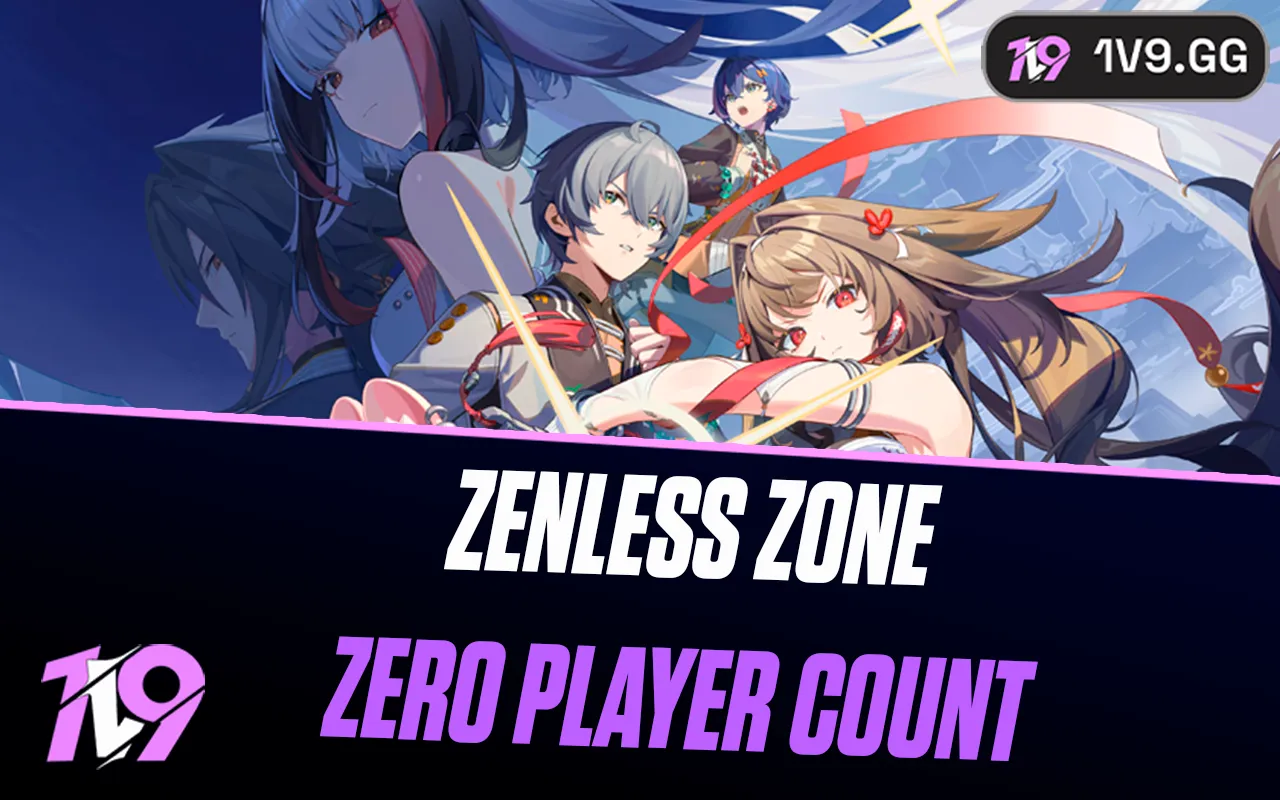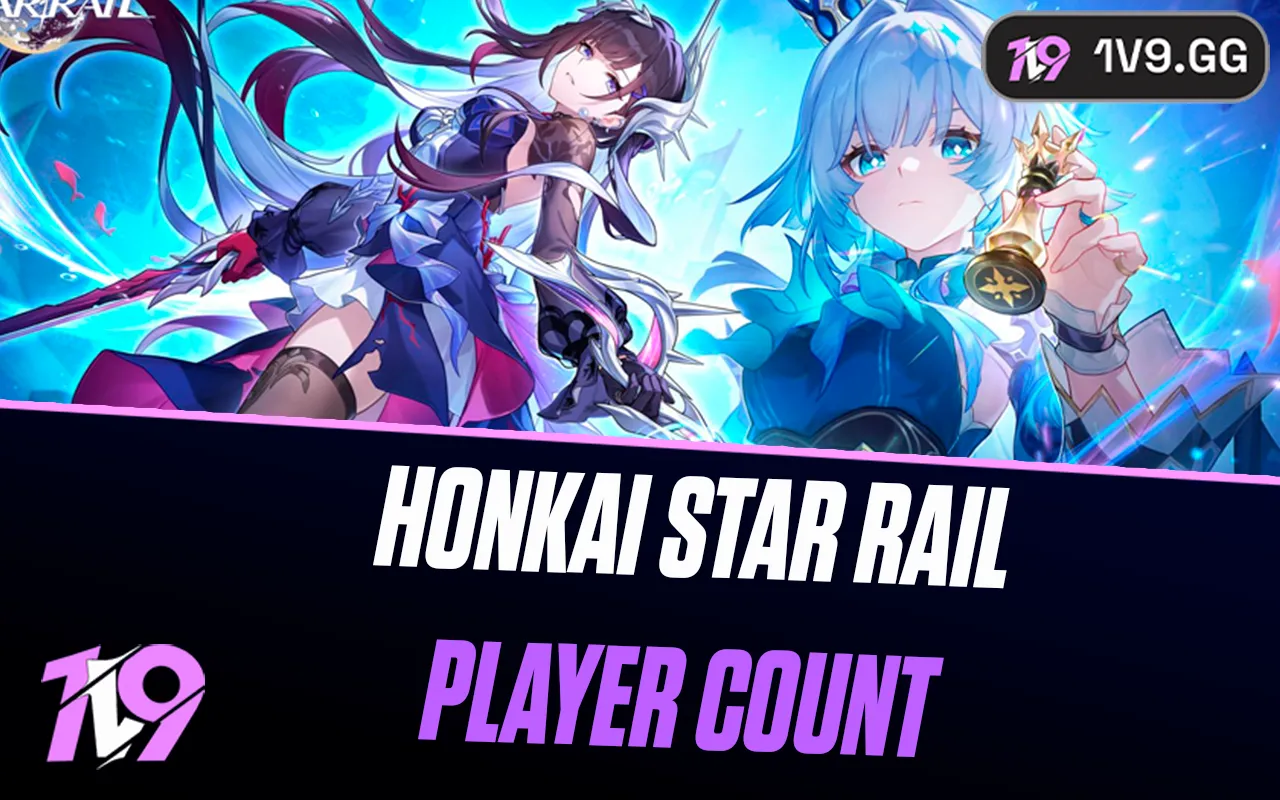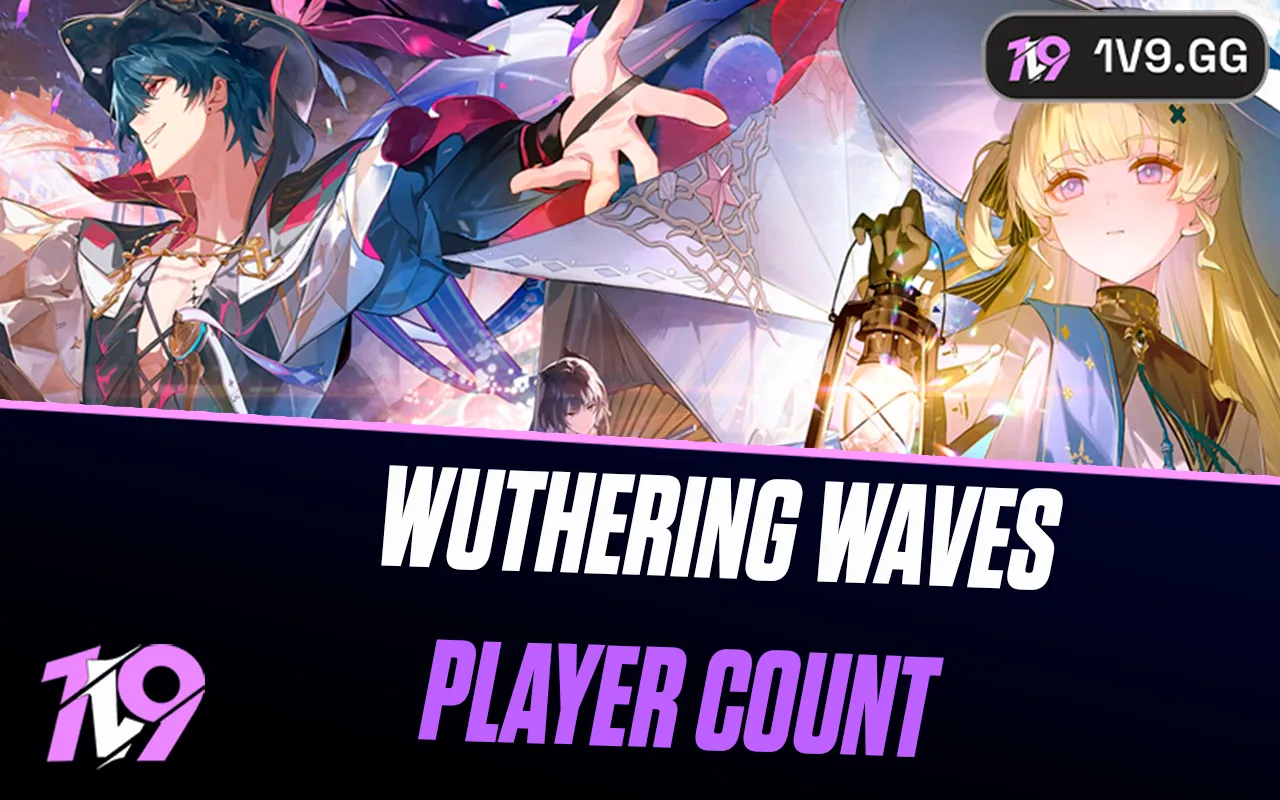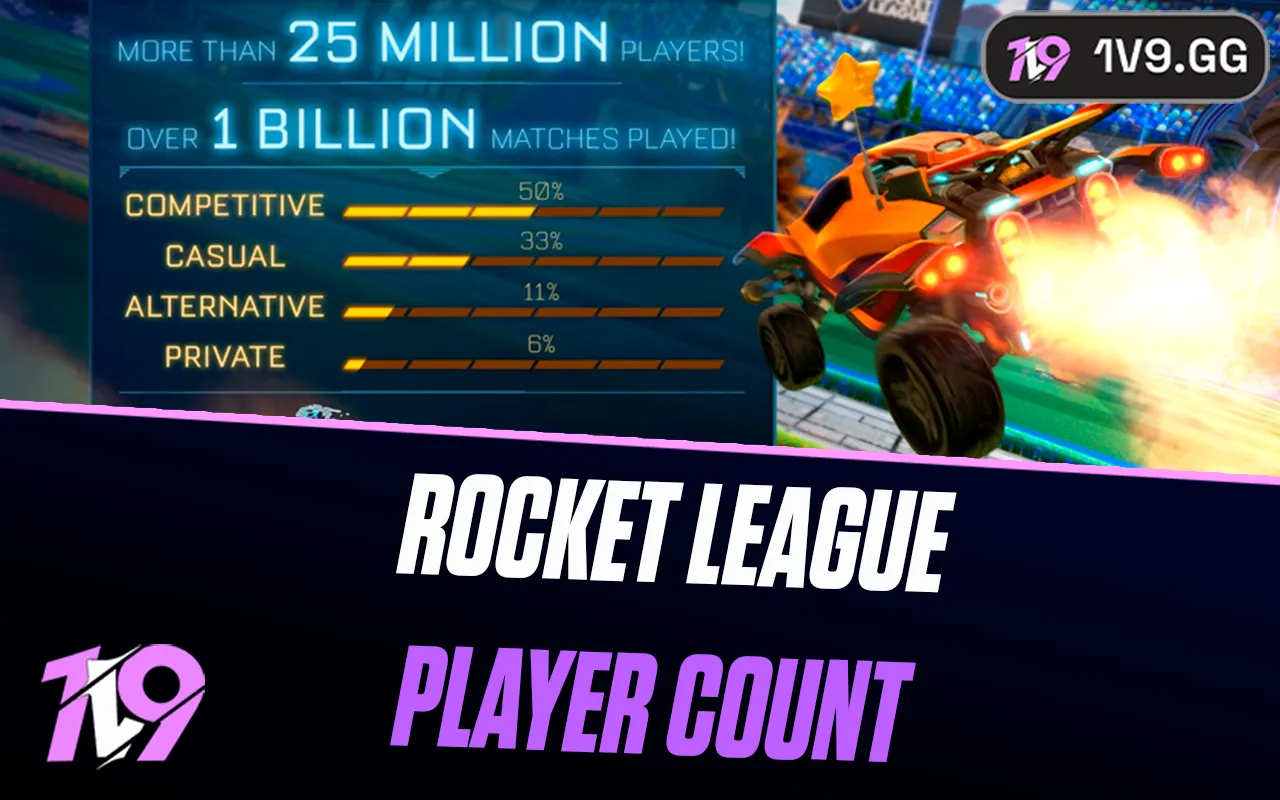- Home
Games
 League of Legends
League of Legends Valorant
Valorant-a6d5b3e156bb.webp) Fortnite
Fortnite Call of Duty
Call of Duty Clash of Clans
Clash of Clans GTA 5
GTA 5 Counter-Strike 2
Counter-Strike 2 Roblox
Roblox Rainbow Six Siege
Rainbow Six Siege Clash Royale
Clash Royale Minecraft
Minecraft Dota 2
Dota 2 Rocket League
Rocket League Genshin Impact
Genshin Impact Squad Busters
Squad Busters Rust
Rust Apex Legends
Apex Legends Pokemon Go
Pokemon Go XDefiant
XDefiant Hay Day
Hay Day LoL: Wild Rift
LoL: Wild Rift Diablo 4
Diablo 4 World of Warcraft
World of Warcraft Destiny 2
Destiny 2 FC 25
FC 25 Marvel Rivals
Marvel Rivals-9ede9dc6b01b.webp) PUBG Mobile
PUBG Mobile The Finals
The Finals Deadlock
Deadlock Forza Horizon 5
Forza Horizon 5 Growtopia
Growtopia Honkai: Star Rail
Honkai: Star Rail 8 Ball Pool
8 Ball Pool Warframe
Warframe Zenless Zone Zero
Zenless Zone Zero Runescape 3
Runescape 3 Path of Exile
Path of Exile Raid: Shadow Legends
Raid: Shadow Legends Lost Ark
Lost Ark WoW: Classic Era
WoW: Classic Era Summoners War
Summoners War WoW: Season of Discovery
WoW: Season of Discovery WoW Cataclysm
WoW Cataclysm WoW: Hardcore
WoW: Hardcore Throne and Liberty
Throne and Liberty New World
New World Mobile Legends
Mobile Legends Escape From Tarkov
Escape From Tarkov Path of Exile 2
Path of Exile 2 Blade Ball
Blade Ball Fisch
Fisch Pet Simulator 99
Pet Simulator 99 Pets Go
Pets Go-d8bcef7708c7.webp) One Piece Bounty
One Piece Bounty Anime Adventures
Anime Adventures Blox Fruits
Blox Fruits Adopt Me
Adopt Me Murder Mystery 2
Murder Mystery 2 Fragpunk
Fragpunk Wuthering Waves
Wuthering Waves Free Fire
Free Fire Teamfight Tactics
Teamfight Tactics Albion Online
Albion Online Black Desert Online
Black Desert Online Honor of Kings
Honor of Kings Brawl Stars
Brawl Stars Arena of Valor
Arena of Valor Call of Duty: Mobile
Call of Duty: Mobile Rematch
Rematch Steal a Brainrot
Steal a Brainrot Grow a Garden
Grow a Garden FC 26
FC 26 Plants vs Brainrots
Plants vs Brainrots Old School Runescape
Old School Runescape Overwatch
Overwatch Battlefield
Battlefield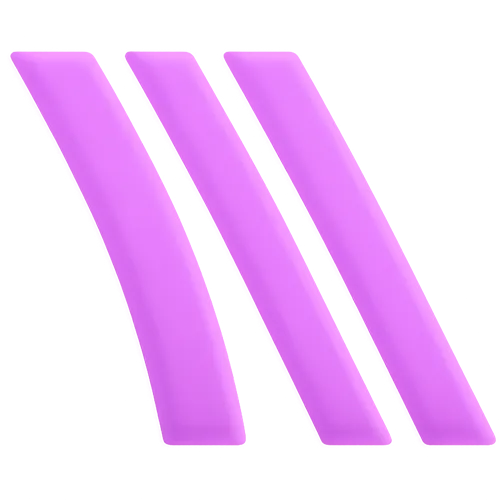 Arc Raiders
Arc Raiders Dragon Ball Legends
Dragon Ball Legends Fallout 76
Fallout 76 Jailbreak
Jailbreak Type Soul
Type Soul GPO
GPO DonutSMP
DonutSMP Escape Tsunami For Brainrots
Escape Tsunami For Brainrots Watcher of Realms
Watcher of Realms Roblox Rivals
Roblox Rivals- Lootboxes
- Become Affiliate
- Blog
- Contact Us
- Sign In

League of Legends: Ranked LP Penalty Explained
Engaging in ranked games brings a unique thrill not found in casual play, primarily due to the stakes involved. Unlike casual matches, ranked games hold the promise of reward or penalty in the form of LP (League Points), which significantly impacts a player's ranking. This system is straightforward: winning games earns LP, while losing deducts it. However, real-life obligations can sometimes interrupt play, leading to involuntary game abandonment and potential losses for the team, which can sour the experience for all involved.
Such interruptions introduce unpredictability and, at times, frustration into the gaming experience. Recognizing the importance of maintaining fairness and integrity within ranked games, penalties for leaving or disrupting games are essential. These measures are not just about punishment but also about preserving the competitive spirit and ensuring every player contributes to a fair and engaging game.
Riot Games has implemented a penalty system to address these disruptions, aiming to differentiate between players who intentionally cause grief and those affected by unforeseen circumstances like power outages. This system seeks to mitigate negative impacts on the gaming community, applying penalties or warnings to discourage frequent disruptions while acknowledging that sometimes issues are beyond a player's control.
For players facing unwarranted penalties due to genuine issues or seeking assistance to improve their ranking, services like 1v9 offer boosting solutions. Utilizing a booster can help overcome temporary setbacks, although it's crucial to engage with such services responsibly and consider the ethical implications. For those interested, promotional codes such as "1v9er" can provide discounts, making this option more accessible.
The Purpose Behind the Penalty System

Riot Games has implemented the ranked LP penalty system with several key objectives in mind, primarily to diminish and alleviate the impact of conduct deemed disruptive by the gaming community. The essence of this system is not just to penalize one-off incidents but rather to address and curb the more concerning issue of recurrent disruptive behavior among players.
This approach underscores Riot's commitment to fostering a positive and competitive gaming environment, where fairness and sportsmanship are paramount. By targeting repeat offenders, the system aims to enhance the overall experience for all players, ensuring that ranked matches remain enjoyable, competitive, and free from behaviors that can detract from the game's integrity and enjoyment.
Understanding Queue Dodging and Its Impact on LP
Queue dodging, where players leave a match lobby before the game begins, stands as a prevalent cause for the loss of League Points (LP). To tackle this and other forms of disruptive behavior, Riot Games introduced the Reporting Confidence System last year. This innovative framework enhances the automatic identification and sanctioning of unsporting conduct. For instance, when a player goes AFK (Away From Keyboard), the application of penalties can often be traced back to this robust system.
Despite these advancements, some players manage to evade detection. Engaging in minimal movement and acquiring experience in-game can sometimes prevent the system from accurately identifying unsporting behavior. Recognizing this loophole, Riot collaborated with Competitive last year to refine their detection mechanisms. While the specifics of these improvements remain under wraps, they are believed to include measures to reduce instances of champion selection dodging, all while striving to maintain efficient queue times.
From a player's perspective, queue dodging not only wastes time but also disrupts the matchmaking process, compelling those who remain to re-enter the queue—this time with a heightened priority to compensate for their lost time. This article will further explore additional strategies employed by Riot to mitigate the consequences of queue dodging and maintain the integrity of the competitive experience.
Addressing Intentional Feeding through Report Validity

Encountering intentional feeding in Summoner’s Rift is arguably among the most aggravating experiences for players, posing significant challenges for automated detection systems. In response, Riot has shifted its focus towards valuing the quality of player reports. This decision is rooted in the understanding that fellow players, having spent considerable time in the game with the accused, are in a prime position to judge the behavior accurately.
This approach streamlines the process by reducing the need for manual game reviews. However, distinguishing between legitimate reports and those stemming from frustration or spite—where players might hastily accuse others of intentional feeding post-match—requires a nuanced approach. Riot gives precedence to reports from players who demonstrate a consistent ability to identify genuine instances of disruptive behavior, thereby filtering out less credible accusations.
The initial phase may still necessitate manual review to set a benchmark for report reliability, thereby enhancing the automated system’s future performance. Riot acknowledges that some incidents may slip through the cracks, accepting it as part of the system’s evolutionary process. It underscores the importance of responsible reporting, emphasizing that both the act of reporting and responding to reports should be carried out with due diligence and integrity.
Navigating Additional Griefing Behaviors in League
In the realm of League of Legends, the frustrations extend beyond just feeding. Players have devised various methods to intentionally undermine their team's efforts, which include but are not limited to jungle griefing, subtly playing to lose in a manner that evades automated detection, deliberate lane taxing, among other disruptive tactics. These actions, while detrimental to the team's success, present a challenge for automated systems to accurately identify due to their nuanced nature.
Riot's Approach to Mitigating Griefing
Faced with the challenge of addressing griefing without overhauling the entire system, Riot Games opted in 2021 to intensify penalties rather than start from scratch. This decision was rooted in a desire to more effectively penalize persistent negative behaviors while also examining the underlying causes prompting players to dodge games, particularly during champion selection.
A key factor leading players to intentionally leave during this phase is a lack of confidence in the team's composition, a sentiment more prevalent among higher-tier players who possess a deeper understanding of game dynamics, team synergies, and potential matchups. Dodging, thus, becomes a strategic, albeit disruptive, choice to avoid a seemingly inevitable defeat, sparing players a lengthy and demoralizing game.
To counteract this, Riot introduced harsher penalties for repeat offenders, aiming to preserve the integrity of gameplay without disproportionately penalizing players for instances beyond their control, such as involuntary disconnections or real-life emergencies. The penalty structure is designed to escalate with the frequency of dodging:
- Existing Penalties: The initial dodge within a 24-hour period results in a 6-minute lockout (15 minutes for ARAM) and a loss of 3 LP in ranked games. A second dodge escalates to a 30-minute lockout and a 10 LP deduction.
- New Penalty Tier: A third dodge within the same timeframe incurs a 12-hour lockout and another 10 LP reduction.
Riot's intention with these revised penalties is to diminish the appeal of dodging as a tactic to avoid unfavorable matchups, encouraging players to engage with matches and strive for victory, thereby mitigating assured LP losses. This approach seeks to balance the need for discipline in the face of deliberate game disruption with a degree of leniency for those affected by circumstances outside their control.
Addressing AFK Behavior with Revised Penalties

Riot Games has recognized the serious issue of players going AFK (Away From Keyboard) during matches and has tailored its penalty system to discourage such behavior effectively, while ensuring that those experiencing occasional connectivity issues aren't unduly penalized. According to the latest updates on their official website, the penalty structure for AFKing is meticulously tiered to escalate based on the frequency of offenses:
- 1st Offense: Results in a 5-minute lockout from matchmaking and an automatic loss.
- 2nd Offense: Escalates to a 30-minute lockout and an automatic loss.
- 3rd Offense: A significant jump to a 14-day lockout and an automatic loss.
Additionally, AFKing in ranked games triggers an LP penalty system that progresses with each offense but can be mitigated by consistent participation in games:
- Tier 1: Incurs a penalty of -2 LP.
- Tier 2: Increases to -3 LP.
- Tier 3: Further escalates to -5 LP.
- Tier 4: Moves up to -6 LP.
- Tier 5: Peaks at -8 LP.
This structured approach underlines the gravity Riot places on AFK incidents, setting harsher consequences compared to those for queue dodging. The design of this system aims to eliminate the temptation to leave or go AFK in less-than-ideal match situations, thus maintaining the competitive integrity of the game.
Riot's strategy suggests a clear message: frequent AFKing or leaving games is indicative of deeper behavioral issues rather than sporadic technical difficulties. The evolving nature of this penalty system is an ongoing effort by Riot to purify the gaming environment, aiming to sideline players who consistently detract from the community's enjoyment. Time will reveal the long-term effectiveness of these measures in fostering a more positive and engaging experience for all League of Legends players.
Conclusion
Riot Games has taken a comprehensive and thoughtful approach to address the challenges of disruptive behaviors in League of Legends, including queue dodging, intentional feeding, and AFKing. Through the implementation of a nuanced penalty system, Riot aims to deter negative behaviors that compromise the game's competitive integrity and overall enjoyment. This system is carefully calibrated to differentiate between habitual offenders and those affected by genuine, unavoidable issues, ensuring that penalties are fair and proportionate to the behavior in question.
The tiered penalty structures for both queue dodging and AFKing reflect Riot's commitment to maintaining a balanced and inclusive gaming environment. By escalating consequences for repeat offenses while providing pathways for redemption, Riot seeks to educate and rehabilitate players, rather than simply punishing them. This approach not only discourages deliberate disruption but also fosters a sense of responsibility and sportsmanship among the community.
As these systems continue to evolve, the ultimate goal remains clear: to create a healthier, more enjoyable competitive landscape for all players. By holding individuals accountable for their actions and encouraging positive behavior, Riot is working towards a future where every match in Summoner’s Rift is as fair, challenging, and rewarding as it can be. The effectiveness of these measures will undoubtedly be observed over time, but the direction is promising, aiming for a gaming experience that all can appreciate and enjoy.
Posted On: February 24th, 2024
Recent Articles
💬 Need help?
Our 1v9 support team is available 24/7 to help you with any questions or issues you may have.
support@1v9.gg
Loading...
1v9.gg is not endorsed or affiliated by any game developers or publishers.
2025 1v9, All Rights Reserved, Created By NightDev

